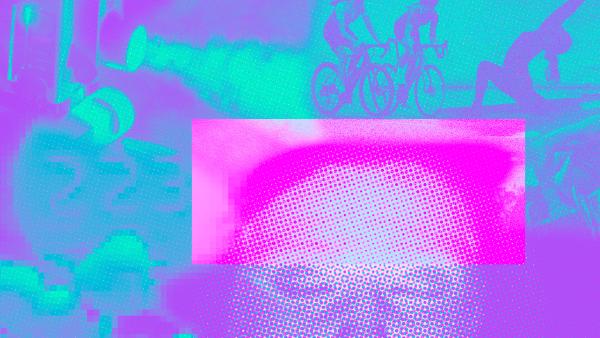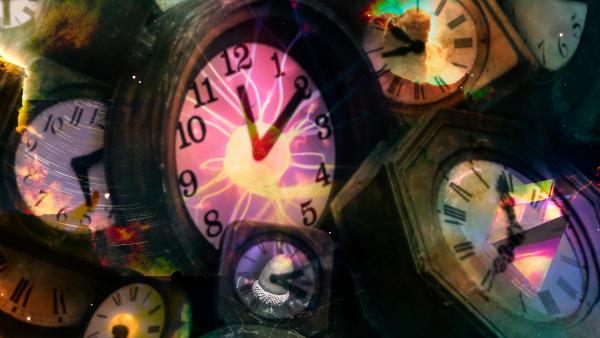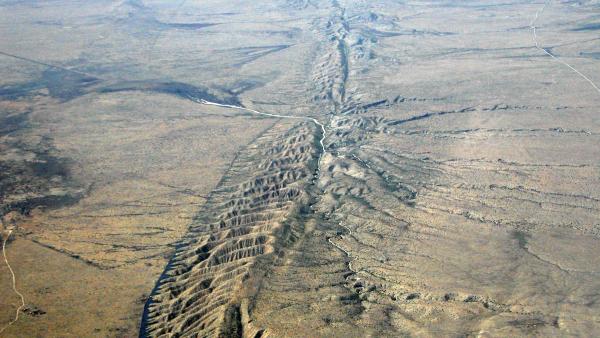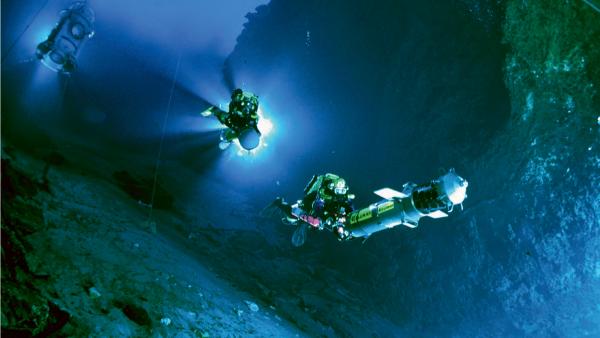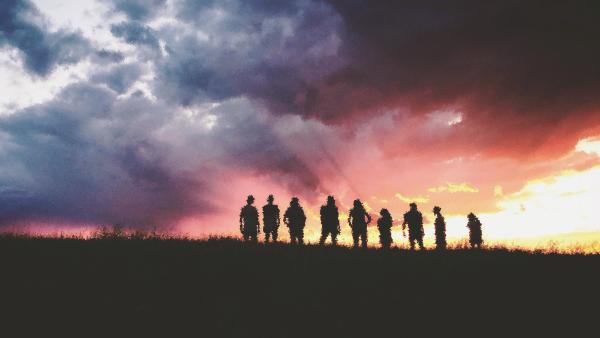Are there new ways to treat depression, anxiety and bipolar disorder? We explore some unconventional treatments for mental illness, including exercise, psychedelics and even horror films.
Science
Dogs, cats, birds, frogs, even insects watch us. Each with a different kind of eye. What, and how, do they see? Ivan Schwab is an ophthalmologist who’s been fascinated by that question for a long time.
Eye-to-eye epiphanies are experiences of kinship with the more-than-human world. Gavin Van Horn says kinship is also something to practice. He shares a few thoughts about how.
Clocks and calendars chop time into increments. It’s efficient, and it helps us get to meetings on time. But what does time feel like when you stop counting it?
Do you know what an earthquake sounds like? Geophysicist Ben Holtzman collects recordings from around the world — from the Fukushima disaster to the manmade earthquakes caused by fracking. We hear examples of these seismic rumbles.
Jill Heinerth nearly died when she was trapped by ocean currents inside an Antarctic iceberg. She's one of the world's most accomplished underwater cave divers, often exploring caves no one's ever been in, which show her "the veins of the Earth."
Scientists and explorers have found a whole new world under our feet. It's an exciting place, and it's changing what we know about the planet and ourselves.
Psychologist Laurie Santos created a college course to teach students how to use what scientific research has discovered about what makes us happy and why. It became the most popular class in the 300 year history of Yale.

